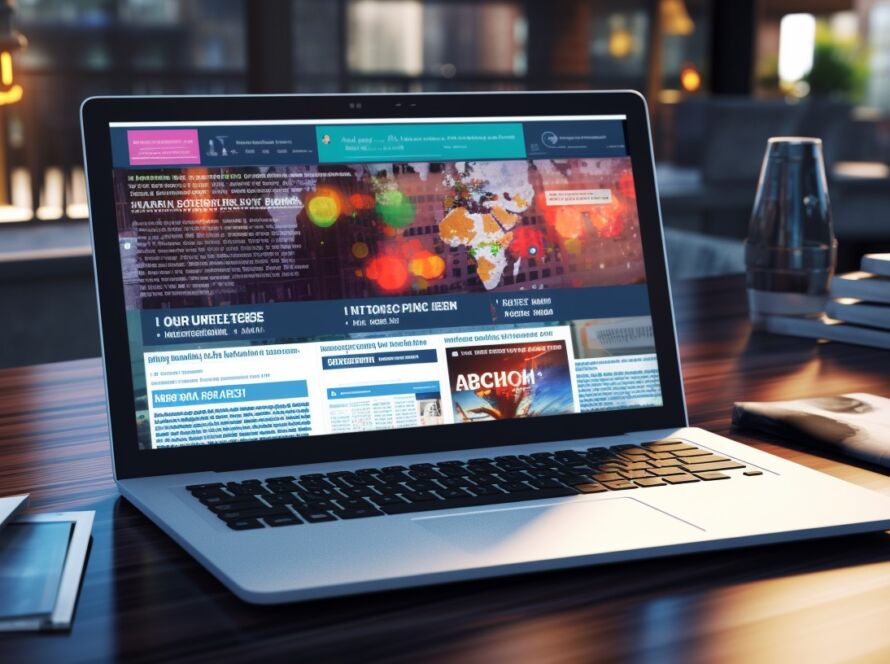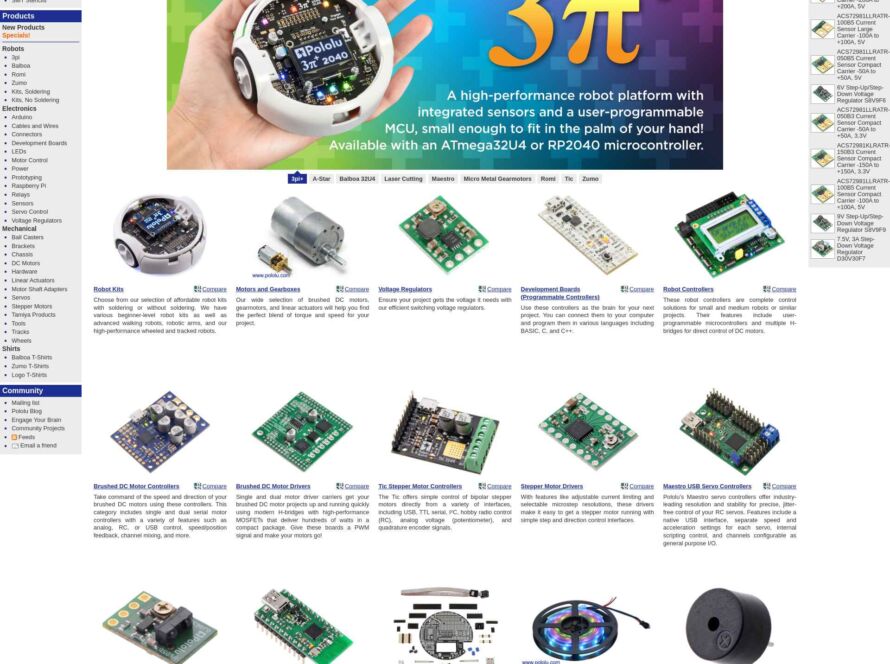This text explores how prolonged actuality (XR) coaching can be utilized as a stepping stone in the direction of robotic conversion, notably in industries dealing with staffing or issues of safety. Lenovo, an organization recognized for its profitable implementation of XR in schooling and coaching, and Nvidia, a know-how firm specializing in robotics and AI, are on the forefront of this innovation.
The article highlights the rising development of automation in fast-food eating places, the place Lenovo has excelled in onboarding and coaching staff utilizing digital actuality (VR) know-how. This prompts the query of how this utility could be prolonged to eating places which can be transferring in the direction of full automation.
Nvidia’s latest developments in robotic know-how additional emphasize the potential of utilizing XR coaching for robotic conversion. The partnership between Lenovo and Nvidia encompasses numerous areas resembling servers, PCs, edge computing, workstations, and gaming. Nevertheless, the main target right here is on the way forward for coaching, notably translating human coaching instruments into robotic coaching by way of foundational AI fashions.
The article explains that XR coaching can expedite the method of getting ready robots for fast-food restaurant duties, making it an integral a part of the automation journey for industries that require it. Quick-food and different restaurant sectors have been experiencing staffing challenges, resulting in retailer closures or diminished working hours. The viability of robots as a alternative turns into extra obvious when confronted with the selection of adopting automation or going out of enterprise.
The article notes that staffing points lengthen past the meals service business, with many firms struggling to reply to buyer calls for as a consequence of an absence of staff. As robots change into more and more possible, coaching them turns into a vital consideration. Nevertheless, discovering appropriate assets for coaching in understaffed environments presents a problem. Moreover, making certain the standard of the coaching dataset when staff might resent being changed by robots provides one other layer of complexity.
XR coaching, already utilized in fast-food eating places for onboarding and coaching new staff, holds promise as a dependable supply for foundational coaching data. These VR applications have undergone thorough testing throughout retailer operations, making certain accuracy and consistency. Leveraging these current coaching applications by way of coders or AI fashions may facilitate the creation of robotic coaching modules, particularly tailor-made to the wants of various retailer varieties and tools.
Contemplating Lenovo’s distinctive place as the one conventional PC/server firm engaged on robotic options and its inner synergy, it’s anticipated that XR coaching will play a vital function in Lenovo’s future methods.
In conclusion, the article asserts that the execution of progressive concepts, resembling incorporating XR coaching into robotic conversion, will outline the panorama of the following decade.
Sources and Definitions:
– Lenovo: A multinational know-how firm recognized for manufacturing and promoting computer systems, smartphones, tablets, servers, and different digital gadgets.
– Nvidia: A know-how firm specializing in graphics processing models (GPUs) and AI know-how.
– XR (Prolonged Actuality): An umbrella time period that encompasses digital actuality (VR), augmented actuality (AR), and blended actuality (MR) applied sciences.
– Automation: The usage of machines or know-how to carry out duties or processes beforehand carried out by people.
– AI (Synthetic Intelligence): The simulation of human intelligence in machines which can be programmed to suppose and study like people.
– VR (Digital Actuality): A know-how that immerses customers in a man-made three-dimensional surroundings, usually skilled by way of headsets.
– Coders: People who write and develop pc programming code to create software program, functions, and web sites.


